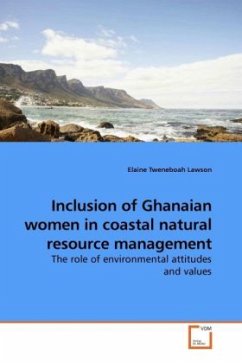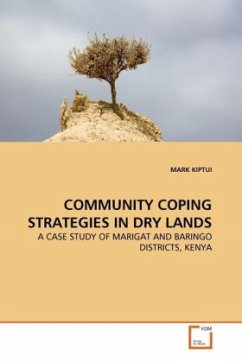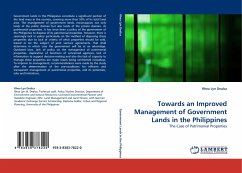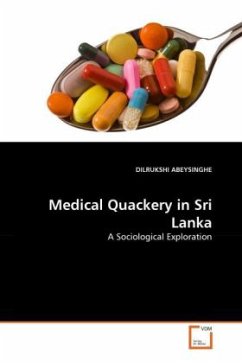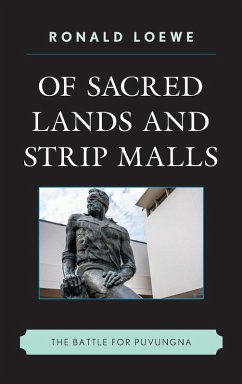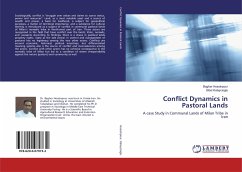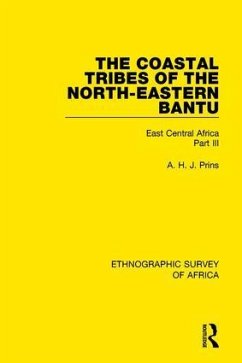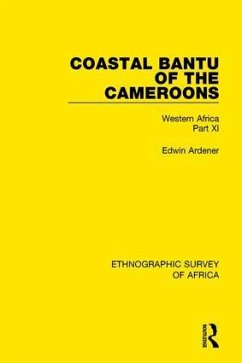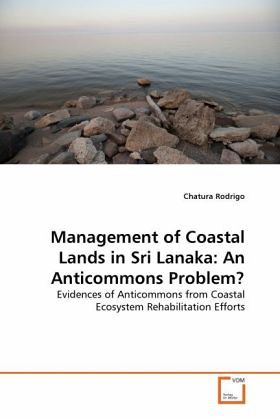
Management of Coastal Lands in Sri Lanaka: An Anticommons Problem?
Evidences of Anticommons from Coastal Ecosystem Rehabilitation Efforts
Versandkostenfrei!
Versandfertig in 6-10 Tagen
52,99 €
inkl. MwSt.

PAYBACK Punkte
26 °P sammeln!
Nearly 80% of the land in Sri Lanka is owned by the state. This research examine whether the number of government permitting agencies influence the likelihood that ecological restoration projects would occur on state-owned land after the 2004 Tsunami. The theoretical basis for this study is the anticommons problem articulated by Heller (1998) and formalized by Buchanan and Yoon (2000). Unlike the familiar tragedy of the commons where wastage occurs from overuse, an anticommons problem is the result of underuse. This study provide evidences of underuse of coastal lands by coastal ecosystem reha...
Nearly 80% of the land in Sri Lanka is owned by the state. This research examine whether the number of government permitting agencies influence the likelihood that ecological restoration projects would occur on state-owned land after the 2004 Tsunami. The theoretical basis for this study is the anticommons problem articulated by Heller (1998) and formalized by Buchanan and Yoon (2000). Unlike the familiar tragedy of the commons where wastage occurs from overuse, an anticommons problem is the result of underuse. This study provide evidences of underuse of coastal lands by coastal ecosystem rehabilitation efforts.



